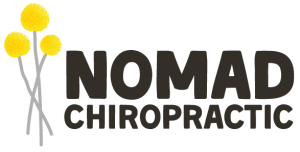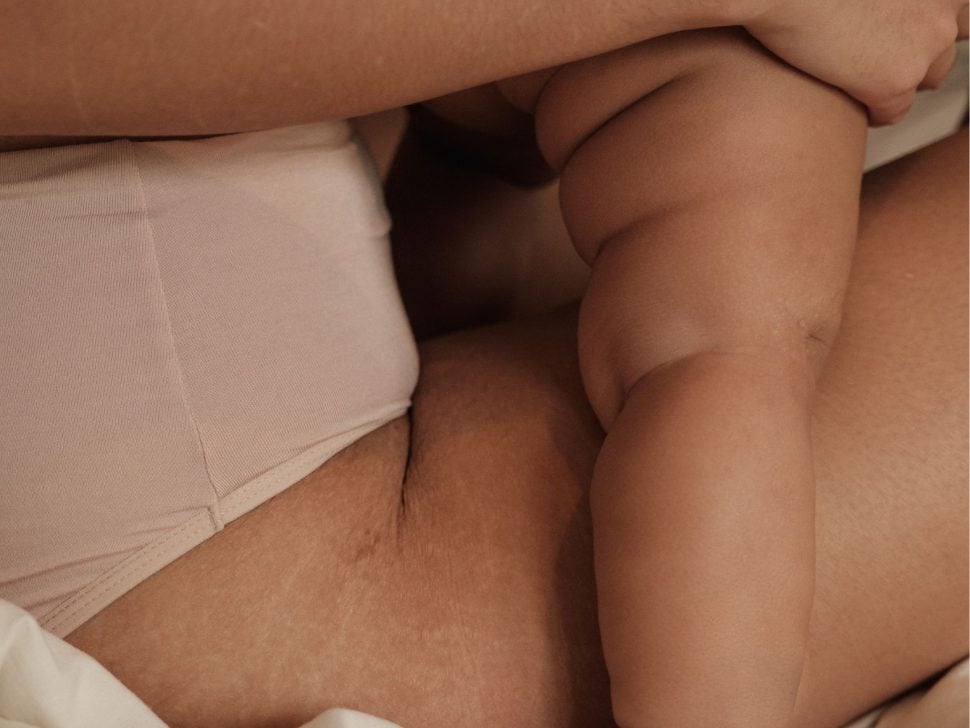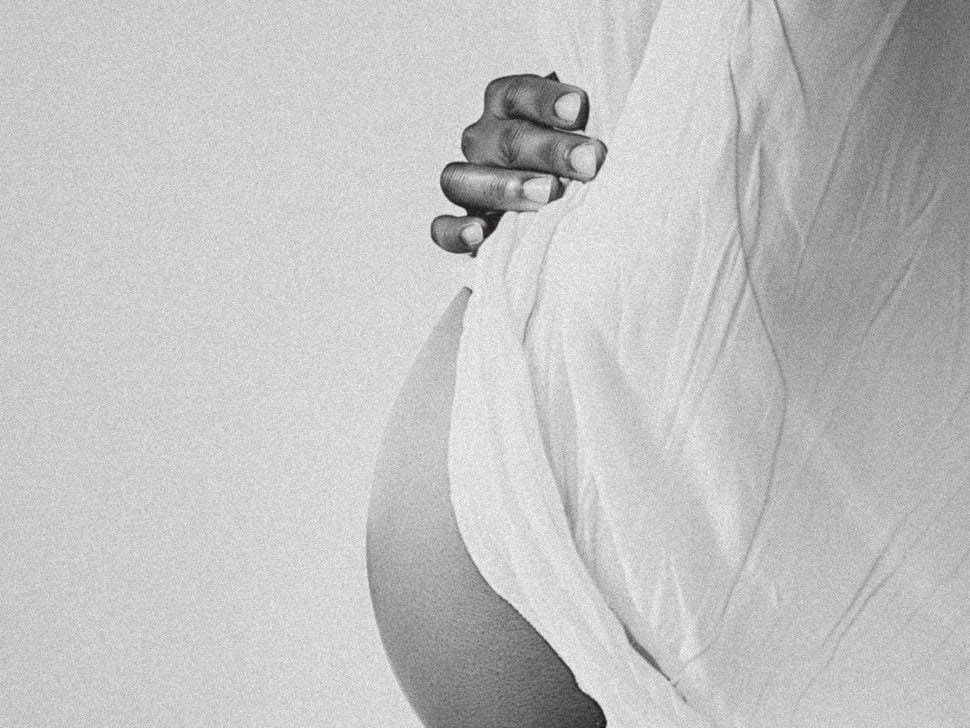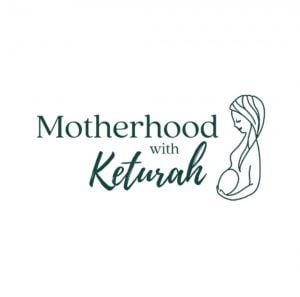The Pelvic Floor: Why Weakness Isn’t Always The Issue
Do you experience bladder leakage when you cough, sneeze, laugh or jump? Or are you constantly rushing to the toilet? It’s common to assume these issues stem from a weak pelvic floor or a “small bladder.” However, the culprit might actually be tight pelvic floor muscles rather than weakness.
For many people, tight pelvic floor muscles can lead to discomfort, pain, bowel or bladder issues and altered sexual function. In this blog, we will discuss how pelvic floor tightness can result in dysfunction and pain, what causes tightness, and ways to alleviate it.
The role of pelvic floor muscles
The pelvic floor is a group of muscles located in the pelvis that supports the pelvic organs, including the bladder, uterus and rectum. Despite its importance, the pelvic floor is often overlooked and not given the attention it deserves. Maintaining a healthy pelvic floor is crucial for overall bodily function and wellness.
The pelvic floor plays a vital role in supporting the pelvic organs and maintaining bladder and bowel control. A strong pelvic floor can aid in preventing pelvic organ prolapse and it helps with sexual function, including orgasm. The pelvic floor also modulates intra-abdominal pressure and provides stability to the pelvis, back and hips.
Pelvic floor muscles are meant to move and expand freely. They need to be able to contract AND relax for optimal function, movement and coordination. Despite popular belief, many pelvic floor issues are a result of tight muscles not necessarily weakness. Issues can arise if the pelvic floor muscles are too tight, too weak or there is poor neuromuscular control and timing.
Symptoms of a tight pelvic floor
Often the symptoms of a tight pelvic floor can be confused with symptoms of a weak pelvic floor.
There are a few symptoms of a tight pelvic floor that may surprise you:
- Painful intercourse
- Urinary leakage with coughing, sneezing or jumping
- Frequent or urgent urination
- Pain in the low back, pelvis, abdomen, hip or coccyx
- Chronic constipation
- Rectal pain
- Incomplete bowel or bladder emptying
- Painful periods
- Abdominal bloating and pelvic congestion
- Pain inserting a tampon or undergoing pelvic examinations (i.e, pap smear)
Causes of pelvic floor tightness
There are various reasons and factors that contribute to pelvic floor tightness, including:
- Pregnancy and Childbirth
- Chronic constipation and straining
- Stress or nervous system dysregulation
- Chronic coughing
- Scoliosis
- Prolonged sitting
- Falls onto the tailbone
- Pelvic surgery and scar tissue
- Poor breathing patterns (e.g. asthma, stress, anxiety, sucking your stomach in)
There is often an overlooked connection that exists between the back, hips, abdomen and pelvic floor muscles. If you are someone who experiences unresolved pain in these areas and feel like you’ve tried everything but have never checked your pelvic floor, this could be the missing link to why your pain is not resolving.
Conditions that can cause tight pelvic floor muscles
- Pelvic pain conditions: such as endometriosis, adenomyosis, interstitial cystitis, pudendal
neuralgia and vulvodynia - Labral tears of the hip
- Irritable bowel syndrome
- Poor posture or scoliosis
- Pelvic congestion syndrome
- Pelvic organ prolapse
- Urinary incontinence
- Constipation
- Sexual trauma
- Pelvic surgery: such as a laparoscopy, hysterectomy or caesarean section
It is important to note that tight pelvic floor muscles can be a contributing factor to these conditions, as well as a result of them. In either case, seeking medical evaluation and treatment is important for managing tight pelvic floor muscles and related symptoms.
What can you do to help these issues?
If this sounds like you and you feel like you’re not getting answers from the medical system, consider your pelvic floor to be the potential missing piece of the puzzle.
By understanding what causes pelvic floor tightness and ways to alleviate it, you can take steps to improve your quality of life.
If you experience pelvic floor problems, such as incontinence, pelvic pain or discomfort during sex, it’s crucial to seek help. With the appropriate treatment, management plan and rehab program you can improve these symptoms.
If you want more information about how your pelvic floor may be functioning and how to improve your symptoms, please reach out to Emma or book yourself in to see your local women’s health osteopath or physiotherapist.
You may also be interested in...


Nomad Chiropractic
Nomad Chiropractic is a small Family Wellness clinic in Mosman that is run by 3 women with 5 children between them. Lucy, Kristin & Sandy have a holistic approach to health and a focus in practice on Pregnancy, Postpartum and Paediatrics.
Families often seek us out for things like:
- Pregnancy optimisation – Webster Technique, Birth preparation including pelvic alignment and Nervous system balance, Stress relief, Pelvic floor imbalance, Postpartum care;
- Pregnancy associated body aches: Pubic symphysis dysfunction; Pains in the hip, back, neck, ribs, round ligament, jaw; headaches and sciatica;
- Newborn / Paediatric checks: Unsettled babies, Feeding complications including breast preference, tongue tie bodywork and imbalanced sucking/rooting reflexes (co-managed with IBCLCs), torticollis, birth trauma: interventions like forceps, vacuum, short/long labor effects; breech and multiples birth checks, cranial work, head-shape asymmetry; help with milestones/neurodevelopment, sleep, constipation, and general health and wellbeing;
- Family Care – the usual holistic chiropractor toolkit – Sympathetic dominance work, stress relief, back pain, neck pain, headaches, and health optimisation!
We are here to help you and your family adapt to the ever changing effect of the perinatal period. Our team has additional postgraduate education in pregnancy and paediatrics and a toolkit of gentle, age appropriate and specific adjustments tailored to your unique needs. Holistic chiropractic addresses the physical, chemical and emotional stressors to your nervous system. Where appropriate we love to collaborate with the other practitioners in your health journey – a multidisciplinary approach has amazing health outcomes!
We aim to help you and your family thrive. It takes a village and we’d love to be a part of yours.


The CALMM
The CALMM is a space for our clients to ‘be’, a space for them to notice themselves, be present, listen to their body and nourish it where needed. We have been operating in Sydney since 2018, offering treatments in Rose Bay and in Newport on the Northern Beaches. We provide remedial, lymphatic and pregnancy massage, and c-section scar release.
Across both locations we have a number of modalities to support mothers, including naturopathy, energy healing, holistic counselling and nutrition to support our mums from the inside out.
Learn about the support you didn't know you needed.
We have cherry picked the most useful resources for your fourth trimester so that you don't have to waste precious hours searching.



eBook - Katie Blakely (Katie Blakely Wellness)
The Postpartum Nutrition Guide for Mamas
Hey Mama, are you preparing for postpartum? Or have you just had a bub and wondering how to manage this time, supporting yourself while you nourish and support your bub? This little eBook aims to help you feel prepared for postpartum, provide tips to support yourself, understand the nutritional requirements that come with postpartum, and to help you reach these goals.

eBook - Louise Barton + Elisha Wildblood ( Not Another Onesie)
Mama’s Guide to Prepping for Pregnancy, Birth & Beyond
Mama’s Guide to Prepping for Birth, Pregnancy & Postpartum is your ultimate pregnancy and postpartum guide designed to help you feel informed, supported, and ready for every stage of motherhood. Covering key topics for each trimester, birth preferences, a hospital bag checklist, breastfeeding tips, and essential postpartum care, this downloadable PDF is packed with expert-backed advice and practical tools.





